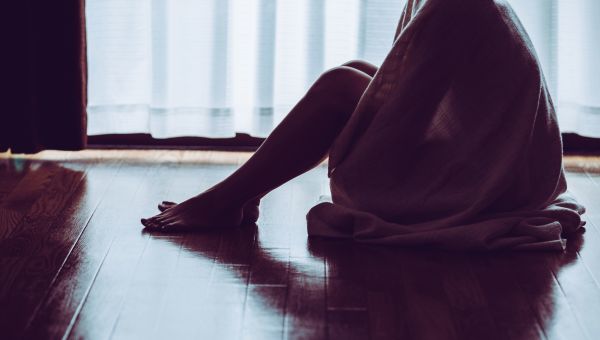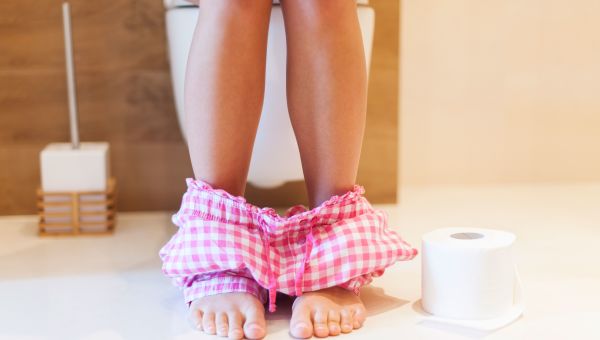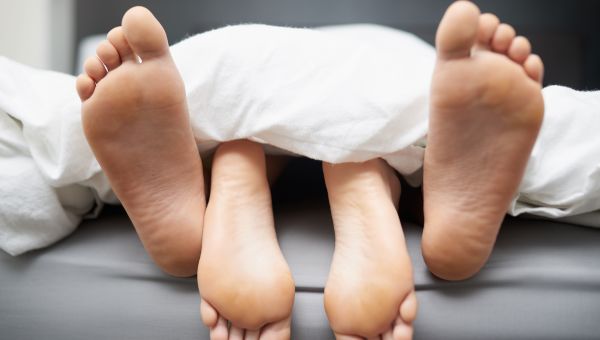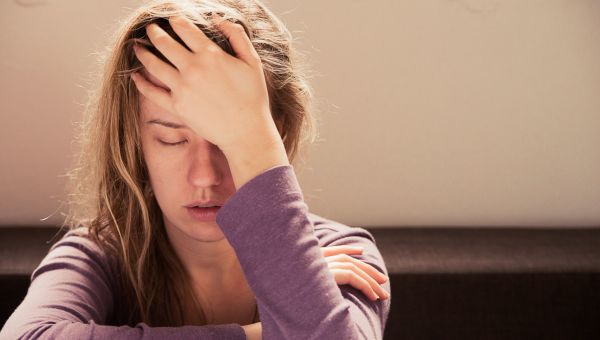5 everyday things that can aggravate genital psoriasis
Learn how to avoid everyday things that can make genital psoriasis worse.

Genital psoriasis is psoriasis that affects the skin of the genitals and the skin around the genitals. It is caused by the same underlying autoimmune condition as other forms of psoriasis, and like other forms of psoriasis, treating the condition involves working with a dermatologist, following a skincare routine and avoiding triggers that make symptoms worse.
However, treating genital psoriasis requires different considerations than other types of psoriasis, since it affects some of the most sensitive skin on the body. If you have genital psoriasis, it is extremely important to discuss your symptoms with a healthcare provider.
Meanwhile, if you’re struggling to get control of your symptoms, the following slides look at some of the everyday things that can aggravate genital psoriasis.

Clothes and underwear
Tight-fitting clothing and underwear can cause friction between fabric and the skin, which can make genital psoriasis symptoms worse. Both the National Psoriasis Foundation and the American Academy of Dermatology advise wearing comfortable, loose-fitting clothing to reduce fabric-on-skin friction. For underwear, this can mean wearing boxers or boyshorts instead of briefs or bikini-style underwear. It is also important to pay attention to what detergent you’re using when washing your clothes, since dyes, fragrances and cleansers can also irritate the skin. Choose gentle products and double rinse when you do laundry.

The bathroom
Genital psoriasis can be made worse by something as simple and everyday as using the bathroom. Urine and feces can irritate genital psoriasis, and it’s best to minimize contact with both, and cleanse the skin if it comes into contact with either. You’ll also need to pay attention to the toilet paper you’re using, since toilet paper can also irritate genital psoriasis—choose a variety that is soft, but also free of dyes and fragrances. Rough toilet paper can damage the skin, and dyes and fragrances are known to irritate psoriasis. Since genital psoriasis can affect the skin around the anus, it’s important to get adequate amounts of fiber in the diet to keep bowel movements soft—hard stools can damage or tear the skin. If you need to, talk to your healthcare provider about taking a fiber supplement.

Sex
Genital psoriasis has a major impact on a person’s ability to have and enjoy sex. Lesions can make sex painful and uncomfortable. They can also cause embarrassment and emotional distress. As if that wasn’t enough to deal with, many people with genital psoriasis report that symptoms get worse after engaging in sexual activity. But it’s still possible to have and enjoy sex if you have genital psoriasis. Psoriasis experts recommend cleaning the affected areas of the body before and after having sex, using a condom and plenty of lubricant to reduce friction, and postponing sex when symptoms are flaring. It’s also extremely important to find a partner who understands your condition, who you can communicate with openly.

Sweat
Sweating is a normal and important function of the skin—it is one of the ways that the body maintains a normal temperature and keeps itself from overheating. However, some patients with genital psoriasis have reported that sweat aggravates symptoms like itching and discomfort. Sweating is also known to aggravate inverse psoriasis, a type of psoriasis that typically impacts areas of the body where skin folds against skin, such as the groin and between the buttocks. This can limit a number of normal activities, such as exercise, working or just going for a walk. Even if you are living with genital psoriasis, exercise is recommended—people with psoriasis are at an increased risk of numerous health conditions, including heart disease and diabetes. Work with your healthcare provider to come up with an exercise plan that works around your symptoms.

Stress
Psoriasis in general is a stressful condition. There’s the itching, the social stigma, the embarrassment over one’s appearance and the frustration when symptoms flare despite adhering to treatment. Genital psoriasis is no exception—some research shows that it has an even greater negative impact on a person’s quality of life that psoriasis in other areas of the body. Since stress is a potential psoriasis trigger—and is terrible for your overall health—it’s important to find ways to reduce stress. This can be as structured as a daily meditation practice, or as simple as making time for a hobby you enjoy. Many patients also seek counseling and support groups to help negotiate the emotional challenges of psoriasis.
More On


video

slideshow


video


video
